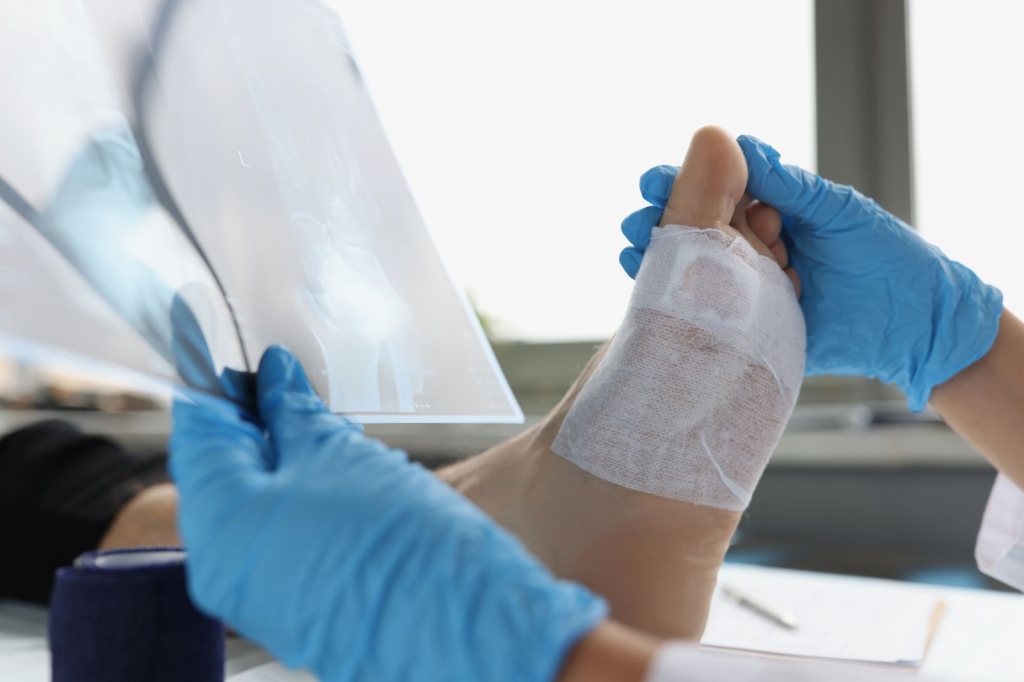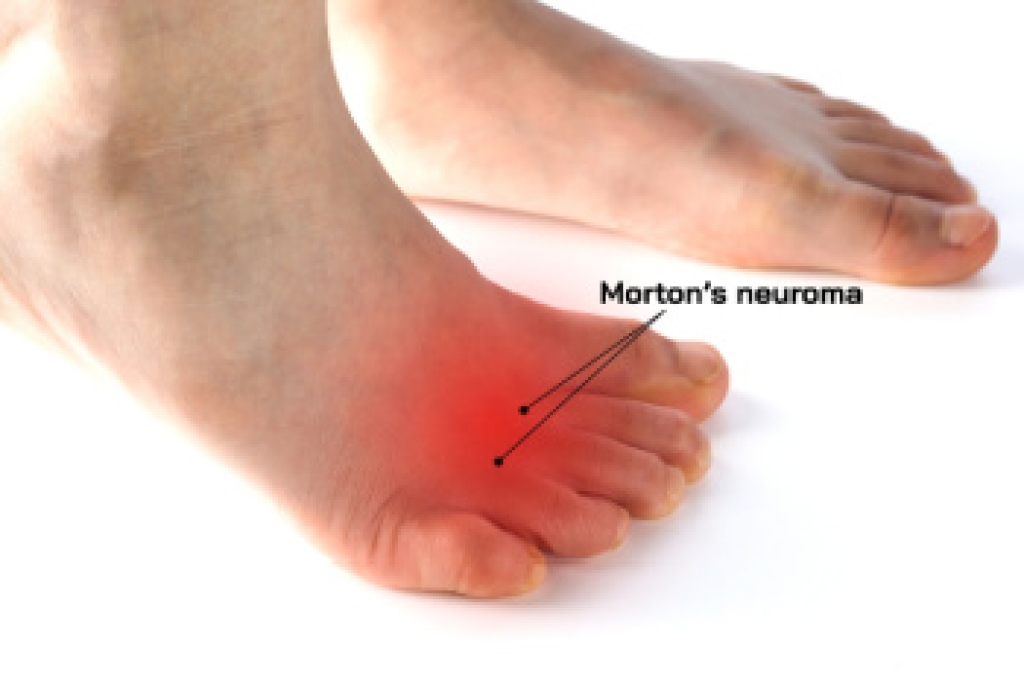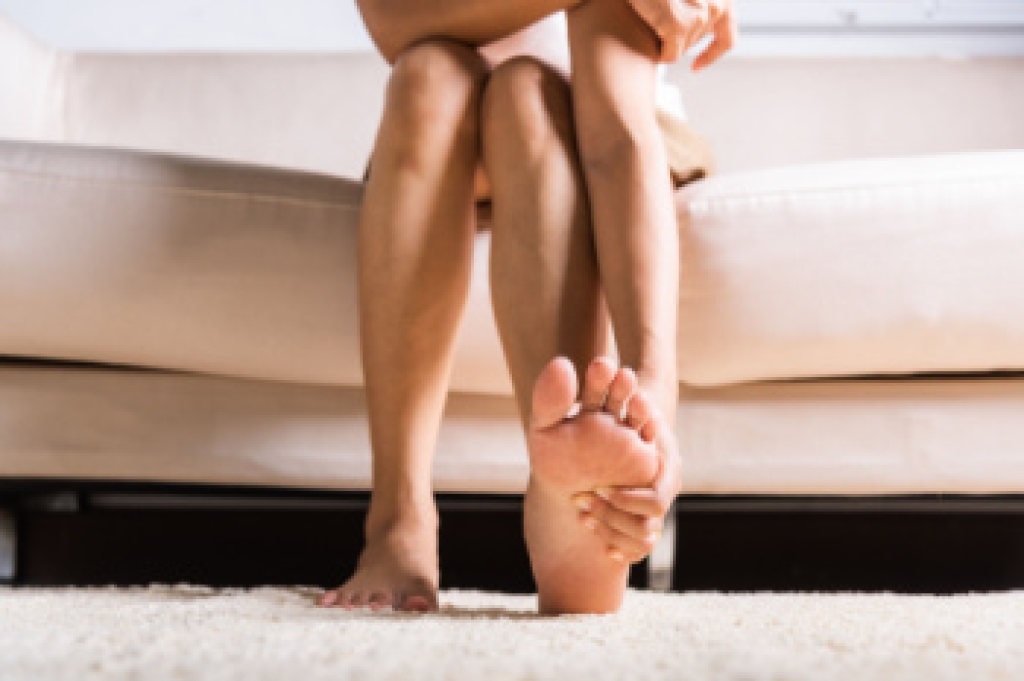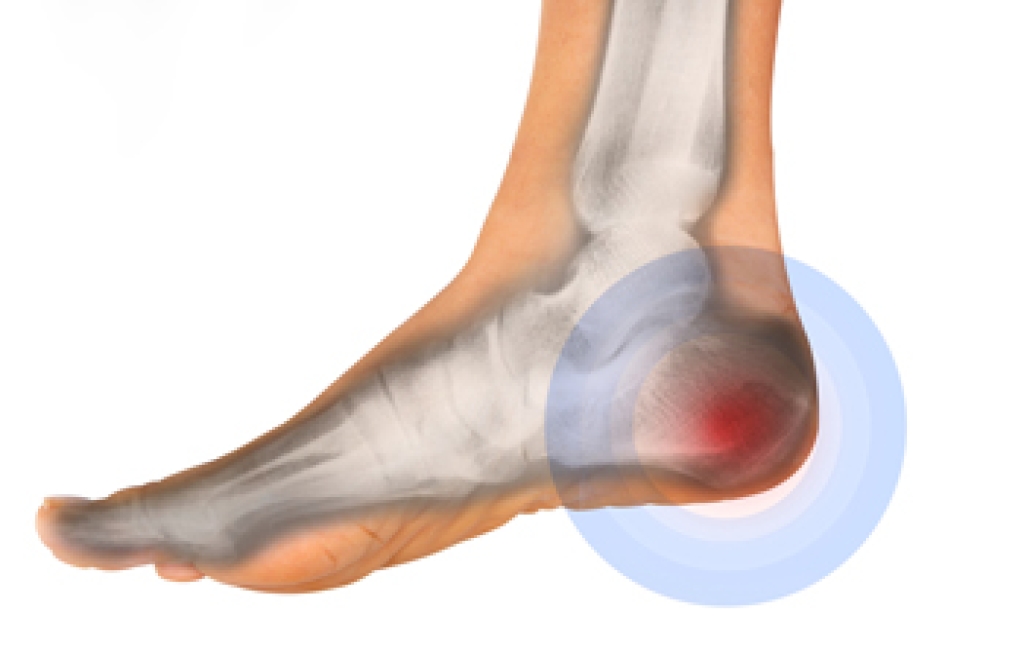
A podiatrist is a medical professional specializing in the diagnosis, treatment, and prevention of conditions affecting the feet, ankles, and lower legs. This type of doctor manages a wide range of issues, including common foot and ankle pain, bunions, numbness in the feet, and skin conditions like plantar warts. Podiatrists also treat congenital conditions like clubfoot and other structural abnormalities that impact the mobility and comfort of children. A podiatrist can prescribe orthotics, perform minor surgical procedures, and offer guidance on footwear, as well as provide care to prevent complications. If you are experiencing foot or ankle discomfort or require specialized care, it is suggested that you consult a podiatrist to receive expert podiatric treatment tailored to your needs.
If you are dealing with pain in your feet and ankles, you may want to seek help from a podiatrist. Feel free to contact one of our podiatrists from Florida Ankle & Foot Institute. Our doctors can provide the care you need to keep you pain-free and on your feet.
What Is a Podiatrist?
A podiatrist is a doctor of podiatric medicine who diagnoses and treats conditions of the foot, ankle, and related structures of the leg. Your podiatrist may specialize in a certain field such as sports medicine, wound care, pediatrics, and diabetic care. Podiatrists have the ability to become board certified through training, clinical experience, and then taking an exam.
What Do Podiatrists Do?
On a daily basis, a podiatrist may perform the following activities:
- Diagnose foot ailments such as ulcers, tumors, fractures, etc.
- Use innovative methods to treat conditions
- Use corrective orthotics, casts, and strappings to correct deformities
- Correct walking patterns and balance
- Provide individual consultations to patients
It is very important that you take care of your feet. It’s easy to take having healthy feet for granted, however foot problems tend to be among the most common health conditions. Podiatrists can help diagnose and treat a variety of feet related conditions, so it is crucial that you visit one if you need assistance.
If you have any questions, please feel free to contact our offices located in Tavernier, Marathon, and Key West, FL . We offer the newest diagnostic and treatment technologies for all your foot care needs.







